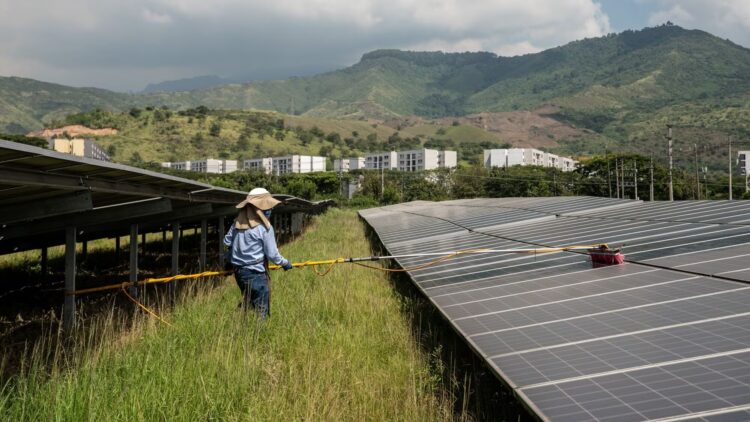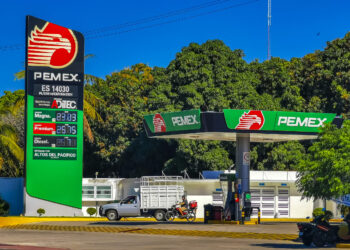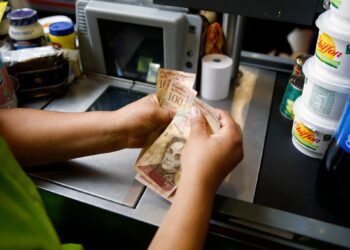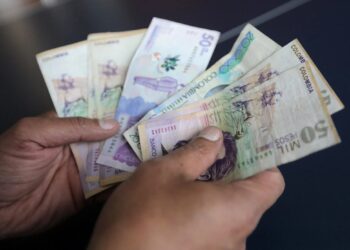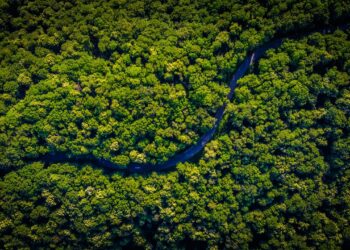In a revolutionary move toward sustainability, Colombia is about to announce a $40 billion investment plan aimed at replacing revenue lost from declining fossil fuel exports. This initiative arises from the country’s decision to stop new oil and gas exploration two years ago. Susana Muhamad, Colombia’s environment minister, shared details during an interview at Climate Week in New York, stating that the formal presentation of this plan will take place at an economic fair on October 2.
The investment strategy is part of a broader economic transformation, and Muhamad emphasized that up to $10 billion is expected to come from international financial institutions and developed countries. The funds will go towards developing sectors focused on nature-based climate solutions, clean energy initiatives, transportation electrification and sustainable agricultural practices. “This portfolio is about developing sectors that can begin to replace oil revenues,” Muhamad explained.
As Colombia prepares for the annual biodiversity summit, COP16, on October 21, Muhamad will meet with officials to negotiate possible agreements similar to the Just Energy Transition Partnerships (JETPs) established between rich and developing nations. These partnerships seek to accelerate the transition away from fossil fuels, a goal that has had varying levels of success in countries such as South Africa and Indonesia.
However, previous JETP agreements have faced challenges, mainly due to political divisions and bureaucratic obstacles within recipient countries. To improve the chances of success, Muhamad indicated that this new approach will involve greater participation by multilateral development banks in financing and the provision of technical expertise. The Inter-American Development Bank will lead the initiative, with the US informally participating in coordinating efforts.
As Colombia navigates its ambitious climate agenda, it remains committed to eliminating new oil and gas exploration licenses, despite economic pressures, including recent wildfires and energy shortages. The stakes are high, as oil and coal make up almost half of the country’s exports. “That is a big task for our country,” Muhamad said, highlighting the need for international support to realize this transformative vision.
